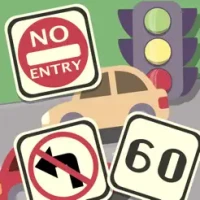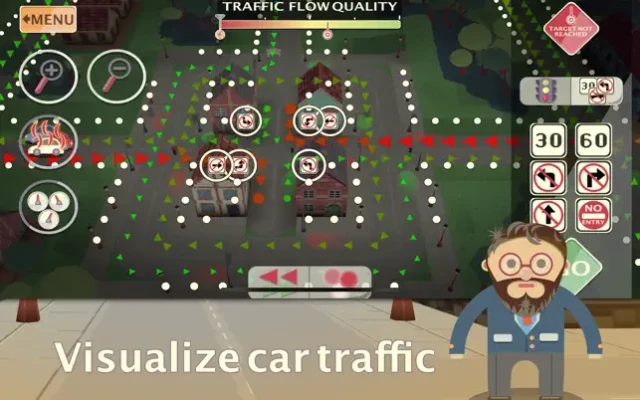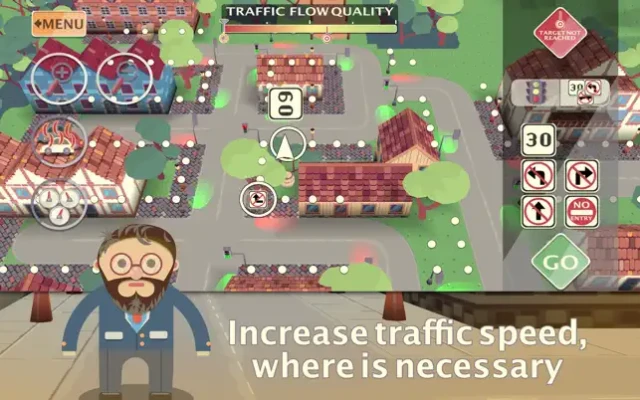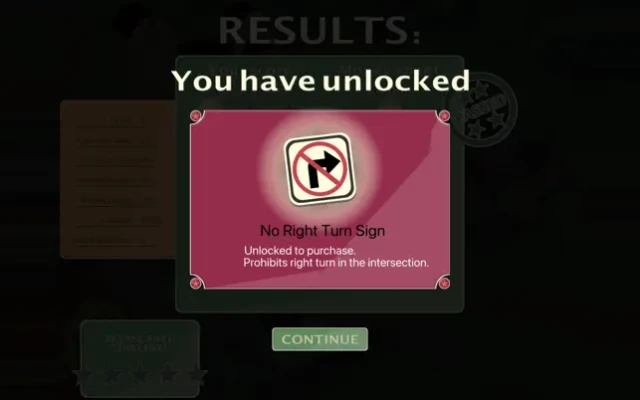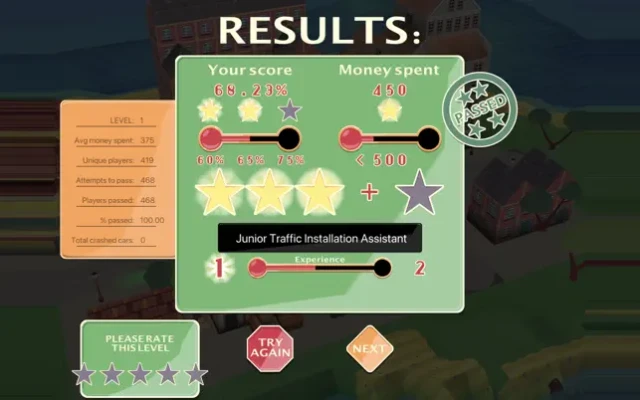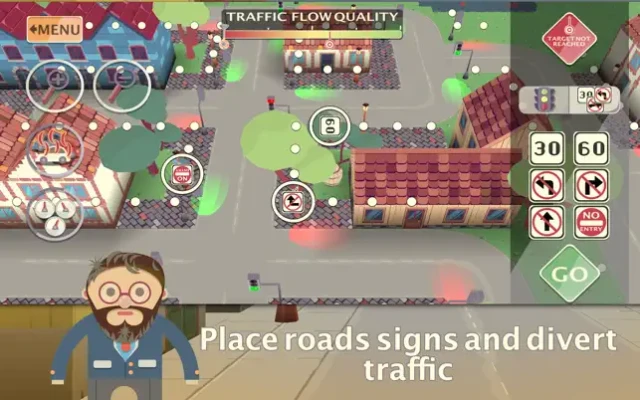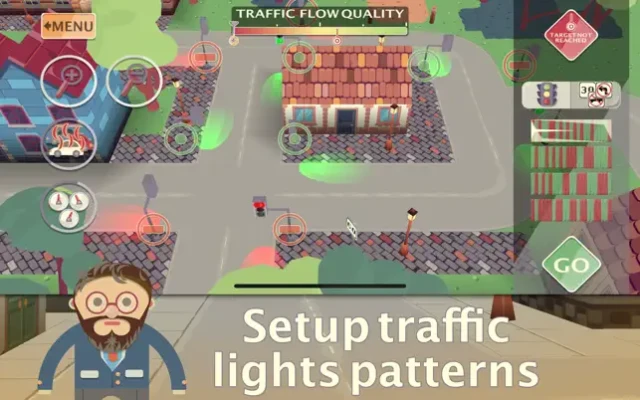
Latest Version
4.0.2
July 28, 2025
Program traffic lights
Games
iOS
223.3 MB
0
Free
Report a Problem
More About Traffic Brains 2
Mastering Traffic Management: Achieving Optimal Traffic Efficiency
In the realm of urban planning and traffic management, achieving target traffic efficiency is paramount. As the traffic manager, you hold the reins to control the flow of vehicles, ensuring that the streets remain clear and accessible. This article delves into the essential strategies and tools you need to implement effective traffic management, from programming traffic light patterns to diverting traffic in congested areas.
Understanding Your Role as a Traffic Manager
As the designated traffic manager, your primary responsibility is to determine when traffic lights should turn green, optimizing the flow of vehicles throughout the city. This role requires a keen eye for identifying problematic areas where traffic jams frequently occur. By proactively addressing these issues, you can significantly enhance the overall driving experience.
Identifying Problematic Areas
To effectively manage traffic, you must first pinpoint locations that are prone to congestion. Utilize data analytics and traffic monitoring tools to identify these hotspots. Once you have a clear understanding of where traffic jams typically arise, you can take the necessary steps to mitigate them.
Implementing Traffic Logic in Advance
Traffic management is not a real-time action game; it requires careful planning and foresight. You must develop a comprehensive traffic logic system that anticipates potential issues and prepares solutions in advance. This involves programming traffic light patterns that adapt to varying traffic conditions, ensuring smooth transitions and minimal delays.
Creating Green Lanes for Optimal Flow
One of the most effective strategies for enhancing traffic performance is the establishment of green lanes. These designated routes allow for uninterrupted vehicle flow, significantly improving throughput. By strategically programming traffic lights to favor these lanes, you can facilitate a seamless driving experience.
Strategic Placement of Road Signs and Traffic Lights
Effective traffic management also involves the strategic placement of road signs and traffic lights within your budget constraints. Ensure that these signals are positioned in a way that maximizes visibility and comprehension for drivers. Clear signage can help guide vehicles, reducing confusion and preventing accidents.
Diverting Traffic to Alleviate Congestion
In instances where traffic jams are unavoidable, having a plan to divert vehicles is crucial. This may involve blocking certain roads to redirect traffic to less congested routes. By implementing these diversions, you can alleviate pressure on busy streets and maintain a steady flow of vehicles throughout the city.
Managing Public Transportation
In addition to personal vehicles, public transportation plays a vital role in urban traffic dynamics. Buses must adhere to their designated routes while accommodating the needs of passengers. As a traffic manager, you should ensure that bus lanes are clearly marked and that traffic signals prioritize public transport to enhance efficiency.
Monitoring for Accidents and Incidents
Traffic management is not without its challenges, and one of the most pressing concerns is the occurrence of car crashes. Implementing a robust monitoring system can help you quickly identify and respond to accidents, minimizing their impact on traffic flow. Regularly reviewing incident data can also inform future traffic management strategies.
Exploring Unique Levels and Gameplay Modes
For those interested in the intricacies of traffic management, engaging with simulation games can provide valuable insights. With 28 unique levels set in beautifully designed cities, players can experience the challenges of traffic management firsthand. Additionally, the game features 8 mega city levels and 6 traffic growth maps, allowing for diverse scenarios and strategies.
Moreover, players can explore 4 distinct gameplay modes, each offering unique challenges and objectives. This variety not only enhances the gaming experience but also serves as a practical training ground for aspiring traffic managers.
Conclusion: The Future of Traffic Management
As urban areas continue to grow, the importance of effective traffic management will only increase. By mastering the principles outlined in this article, you can ensure that your city remains efficient and accessible. Whether through programming traffic light patterns, diverting traffic, or managing public transportation, your role as a traffic manager is crucial in shaping the future of urban mobility.
Embrace the challenge, and take the necessary steps to achieve optimal traffic efficiency in your city!
Rate the App
User Reviews
Popular Apps










Editor's Choice










